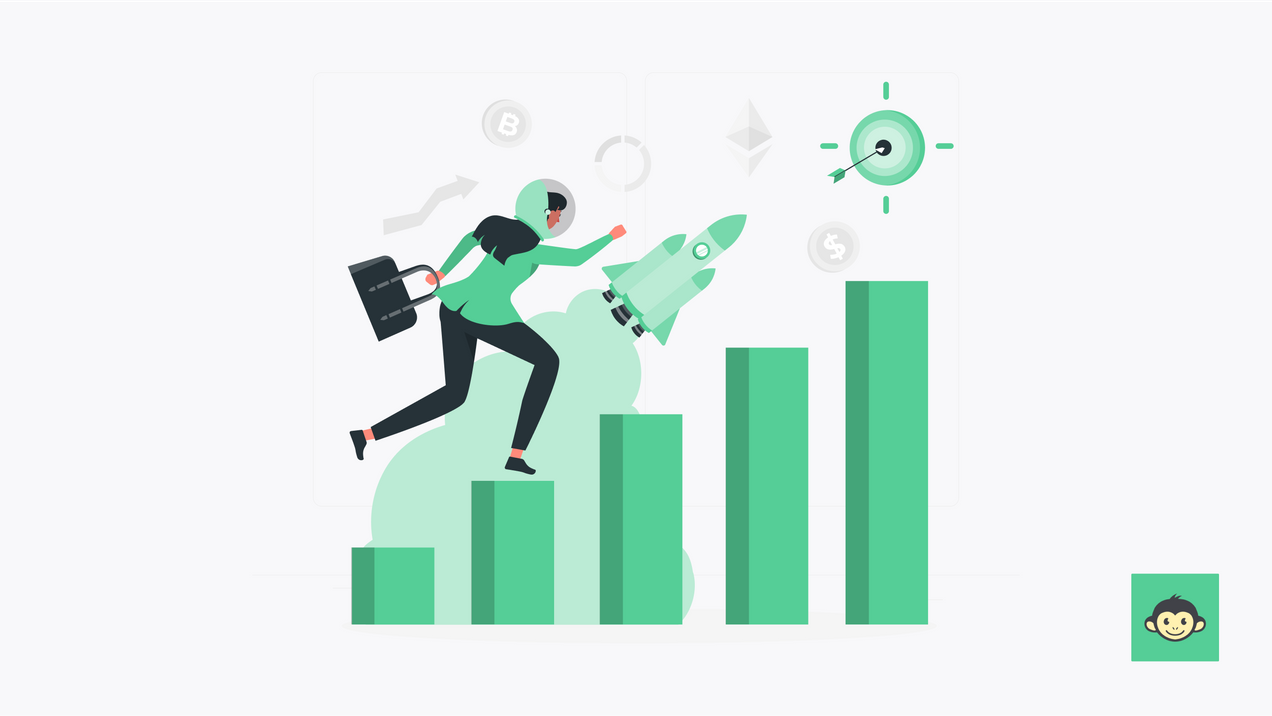50+ State-of-the-art AI tools for Human Resources to supercharge HR processes
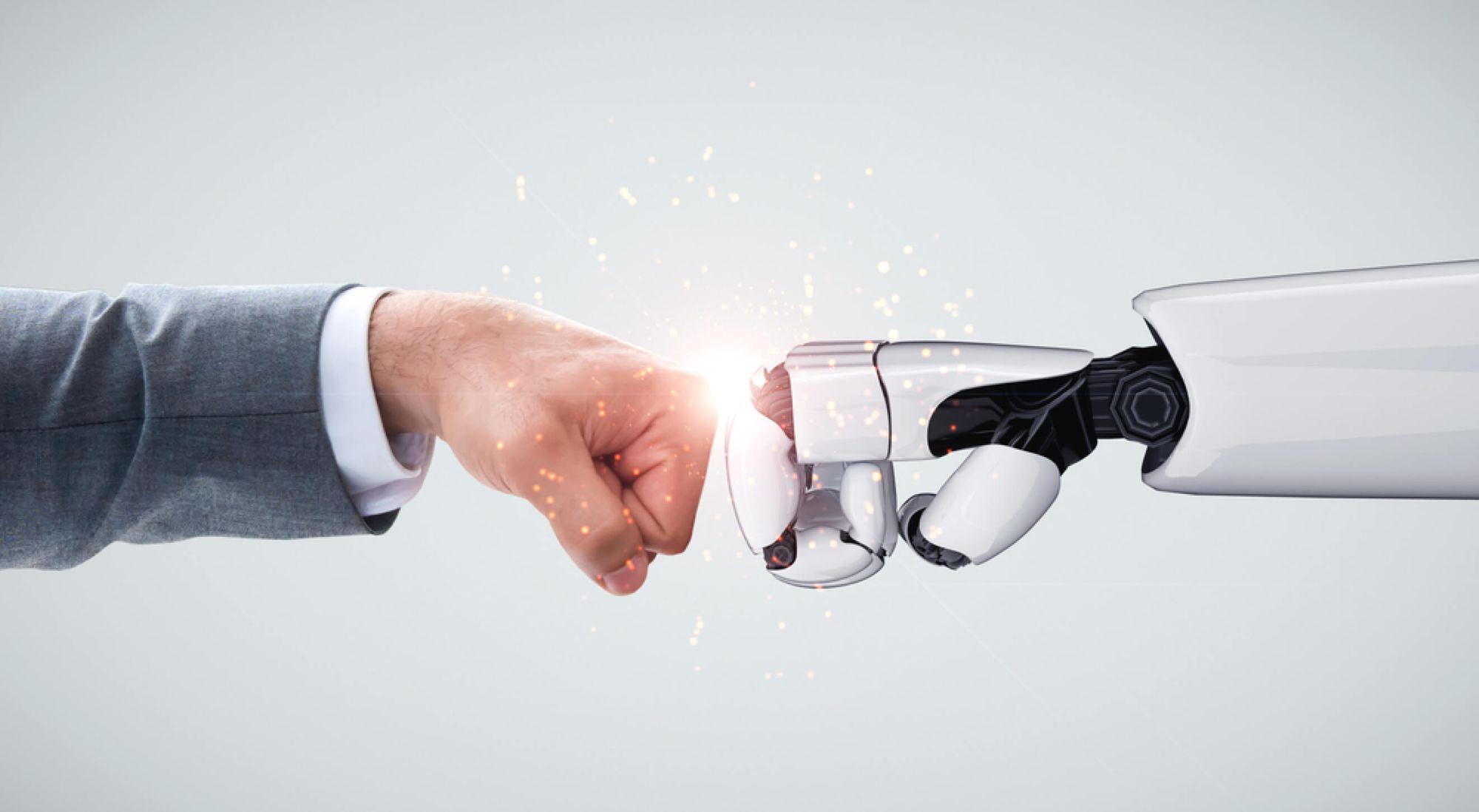
Imagine trying to organize a colossal library where new books arrive daily, each needing proper categorization, placement, and care. Now, replace those books with employees—each unique, talented, and requiring the right role, resources, and recognition to thrive.
Sounds overwhelming, right? That’s where AI tools for human resources step in, transforming chaos into clarity.
From streamlining HR operations to predicting employee turnover and trends, artificial intelligence tools for HR empower organizations to focus on what truly matters—building connections, fostering growth, and driving success.
Let’s dive into how these cutting-edge tools are redefining Human Resources.
How is AI used in HR?
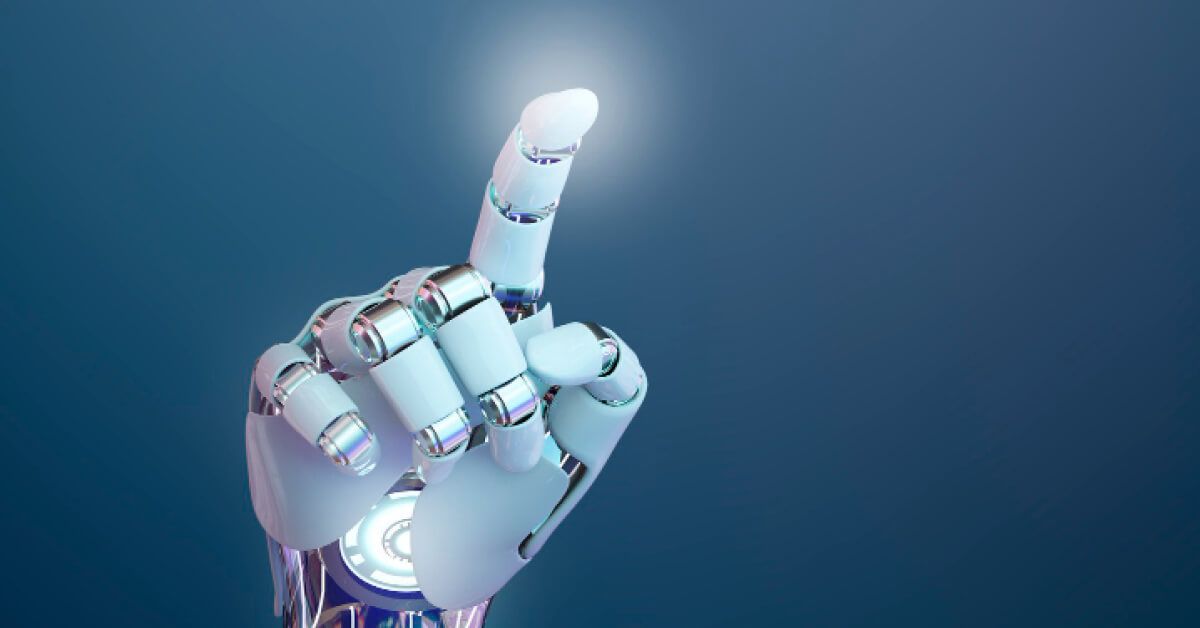
AI is reshaping human resources by streamlining processes, enhancing decision-making, and driving efficiency across multiple HR functions. From recruitment to employee development, artificial intelligence is transforming how HR professionals manage talent. Let’s explore how AI is being used to make HR smarter, faster, and more effective.
1. Recruitment and talent acquisition
AI is revolutionizing the recruitment process by automating resume screening and candidate sourcing. AI-powered tools can quickly identify top candidates by analyzing keywords, qualifications, and experiences.
This allows HR teams to focus on high-value interactions, like interviews and candidate relationship management and building. AI-driven platforms ensure that no qualified candidate is overlooked.
2. Employee onboarding
AI simplifies employee onboarding by creating personalized training plans for new hires. Through machine learning, AI tools can recommend courses, materials, and steps that align with the employee’s role.
This makes onboarding smoother, faster, and more tailored to each individual’s learning needs. Automation reduces the administrative burden on HR teams, allowing them to focus on employee engagement.
3. Performance management
Artificial intelligence in HR helps track and assess employee performance in real-time. Ai-driven software analyzes employee data, provides feedback, and identifies trends related to performance. This data-driven approach enables HR to offer personalized coaching and development plans. It also helps in setting more precise performance goals, improving productivity.
4. Employee engagement
AI tools assess employee sentiment and engagement by analyzing communication, surveys, and feedback. These platforms use natural language processing to detect signs of dissatisfaction or burnout, alerting HR teams. By identifying these issues early, AI allows HR professionals to take timely action. This promotes a more engaged and motivated workforce.
5. Workforce analytics
AI-powered analytics tools process massive amounts of employee data to uncover actionable insights. From turnover predictions to identifying skill gaps, these tools enable HR teams to make data-backed decisions. With AI, HR teams can forecast future workforce needs and align talent strategies accordingly. This leads to more informed, proactive HR management.
6. Training and development
AI helps personalize employee training programs based on their skills, goals, and career paths. By analyzing learning patterns, AI suggests relevant courses and learning materials. These tools ensure that employees receive the right training at the right time. This personalized approach enhances both employee satisfaction and overall business growth.
7. Employee wellness and mental health
AI tools are increasingly used to monitor and support employee wellness. Through sentiment, data analysis, and health-tracking apps, HR teams can gain insights into employee well-being. AI can suggest wellness programs tailored to individual needs, promoting a healthier workplace. This data-driven approach also helps in reducing stress and improving mental health outcomes.
What are AI tools for human resources?
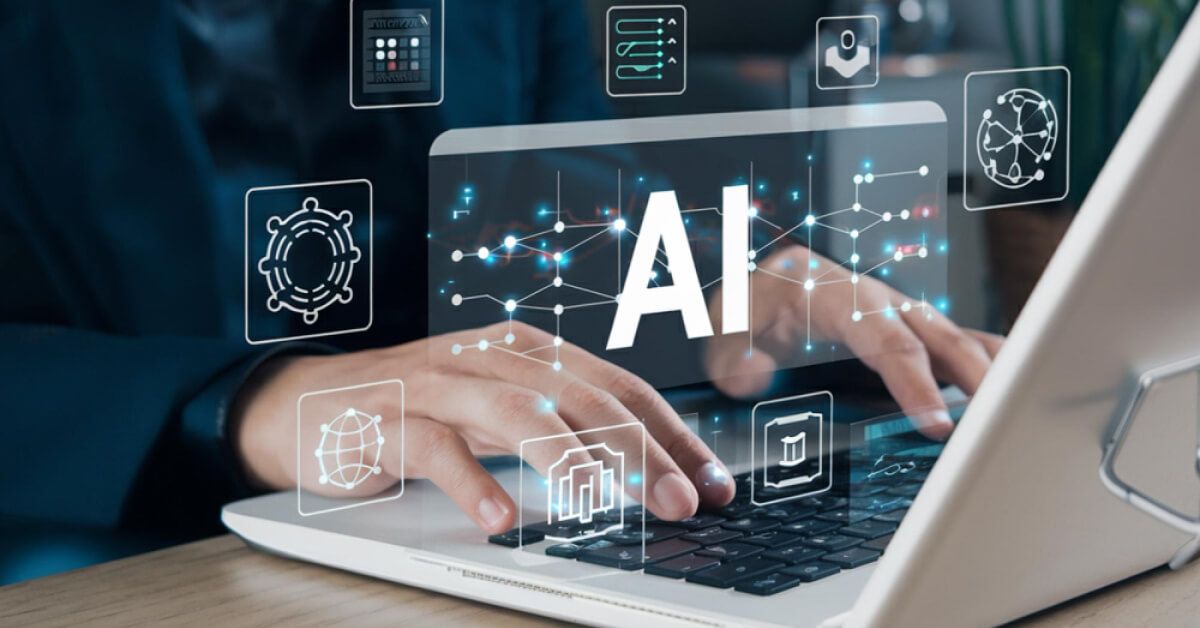
AI tools for human resources are specialized software solutions that leverage artificial intelligence to automate, analyze, and enhance various HR activities and processes. These tools empower HR professionals to focus on strategic tasks by streamlining operations such as hiring, training, and employee engagement. Let’s break down their features and benefits:
Recruitment automation tools
AI-based recruitment platforms help HR teams by automating resume screening, candidate matching, and interview scheduling. These tools analyze skills, experience, and role compatibility, making the hiring process efficient and unbiased. Examples include tools like hirevue and smartrecruiters that use AI for talent acquisition.
Employee engagement platforms
These tools monitor employee sentiment through surveys, communication analysis direct reports, and feedback collection. Ai-driven insights allow HR to address issues like dissatisfaction or burnout proactively. Platforms such as CultureMonkey focus on enhancing workplace engagement.
Performance management software
AI-powered systems track performance metrics and provide actionable feedback in real time. They identify areas for improvement and suggest development plans tailored to individual employees. Tools like Betterworks and Workday simplify performance reviews and goal setting.
Learning and development solutions
AI tools for training create personalized learning paths based on employee skills and career aspirations. They recommend courses and measure learning effectiveness, boosting growth. Tools like Udemy Business and Docebo leverage AI to transform employee development.
People analytics platforms
AI-driven analytics tools process workforce data to uncover trends, predict turnover, and identify skill gaps. These insights enable strategic workforce planning and talent management. Examples include Visier and Tableau for HR analytics.
Diversity and inclusion tools
AI tools analyze hiring and workplace data to identify and eliminate biases, ensuring fair opportunities for all employees. They help HR teams build diverse and inclusive work environments. Tools like Textio and Inclusively focus on advancing DEI initiatives.
Choosing HR AI tools for your organization

Selecting the right human resources AI tools like CultureMonkey is crucial to optimizing processes and achieving organizational goals. With countless options available, choosing the best-fit tools requires careful consideration. Here’s a guide to help you make an informed decision:
- Define your HR goals: Identify the specific challenges or inefficiencies you aim to address with AI tools. Whether it’s streamlining recruitment, enhancing employee engagement, or improving workforce analytics, your goals will determine the tools you need. Having clear objectives ensures you invest in relevant solutions.
- Assess scalability and flexibility: Ensure the AI tools can scale as your organization grows and adapt to changing needs. Scalable solutions prevent the need for frequent tool replacements, saving time and costs. Look for customizable platforms that can integrate with existing systems.
- Prioritize user-friendliness: Evaluate the tool’s ease of use for both HR teams and employees. Intuitive interfaces reduce the learning curve and encourage adoption. A complex tool with a steep learning curve might hinder productivity rather than enhance it.
- Ensure robust data security: AI tools handle sensitive employee data, so strong security measures are critical. Check for features like encryption, compliance with regulations (Like GDPR), and secure data storage. Trustworthy providers should prioritize data privacy.
- Analyze vendor support and reputation: Research the tool provider’s track record, customer reviews, and support services. A vendor with reliable customer support can ensure seamless implementation and troubleshooting. Choose reputable providers known for innovation and reliability.
- Check integration capabilities: Select tools that can integrate smoothly with your existing HR management systems and software. Integration prevents data silos and ensures seamless operations across functions like payroll, performance, and employee engagement.
- Evaluate ROI potential: Assess the potential return on investment by calculating how the tool will save time, reduce costs, or improve outcomes. Tools that demonstrate clear value in improving HR efficiency and employee satisfaction are worth considering.
Benefits of using AI tools in HR
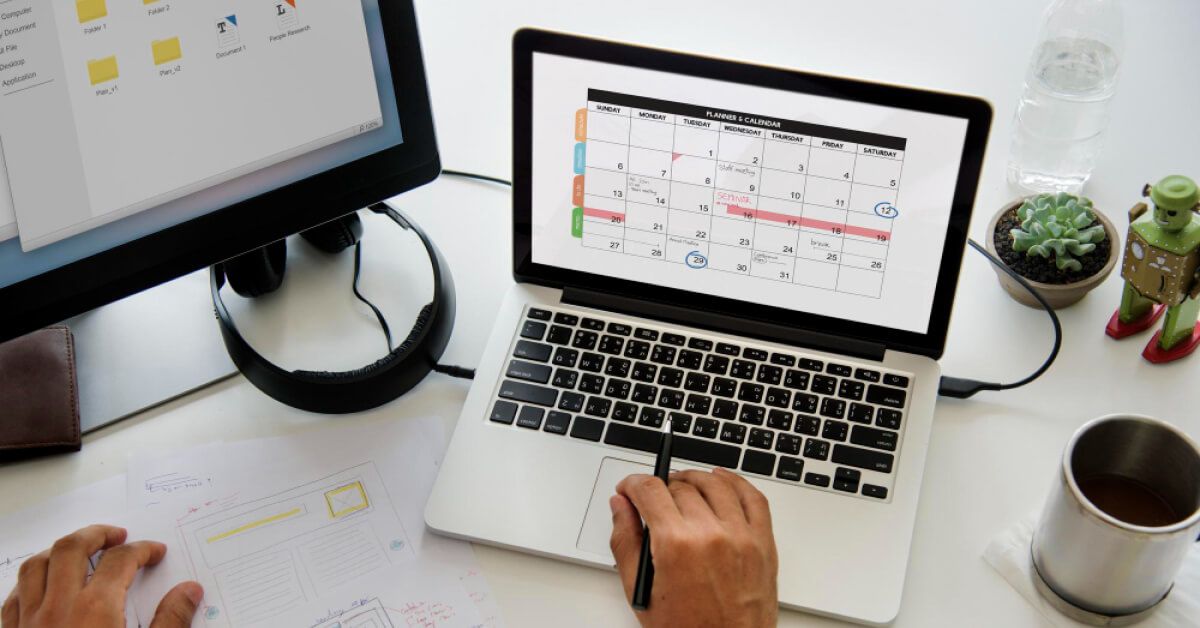
AI tools are revolutionizing HR by automating tedious tasks, improving decision-making, and fostering stronger connections within the workplace. They empower HR professionals to focus on strategy and innovation rather than routine operations. Here are the 8 top benefits of integrating AI into HR processes:
1. Enhanced workforce planning
AI predicts future workforce needs by analyzing trends like retirements, promotions, and market changes. This helps to support HR teams design proactive strategies for talent acquisition and retention. With these insights, organizations can avoid skills gaps and ensure resource availability. AI-based planning supports long-term business goals.
2. Improved candidate experience
AI tools personalize communication with candidates, keeping them engaged throughout the hiring process. From chatbots answering questions to automated updates on application status, candidates feel valued. This seamless experience boosts your employer brand and attracts top talent.
3. Real-time employee feedback
AI gathers feedback through continuous learning and listening tools and provides actionable insights instantly. This allows HR to address concerns or enhance processes in real-time. Employees feel heard, leading to higher satisfaction and retention. This proactive approach strengthens workplace morale.
4. Cost optimization
AI reduces HR costs by automating repetitive tasks like scheduling, payroll, and compliance checks. It minimizes the need for manual intervention, reducing errors and saving resources. This allows HR departments to allocate budgets toward strategic initiatives.
5. Proactive risk mitigation
AI tools identify potential risks, such as compliance violations or workforce dissatisfaction, before they escalate. By analyzing data trends, AI flags areas needing immediate attention. This ensures HR teams can address issues swiftly, maintaining a healthy workplace.
6. Better internal mobility
AI helps identify internal candidates suitable for open roles, fostering career growth within the organization. By analyzing skills, performance, and aspirations, AI ensures the right fit for roles. This boosts employee retention and reduces hiring costs.
7. Inclusive job descriptions
AI tools create unbiased job descriptions by analyzing language for potential gender or cultural biases. This ensures postings appeal to a diverse talent pool, supporting inclusivity. These tools also recommend improvements to attract a wider range of qualified candidates.
8. Enhanced decision support
AI offers predictive insights that help HR leaders make informed decisions about promotions, succession planning, and team restructuring. Data-driven recommendations minimize biases and align actions with business goals. This ensures fairness and strategic alignment in decision-making.
Top 50+ next-generation AI tools for human resources professionals
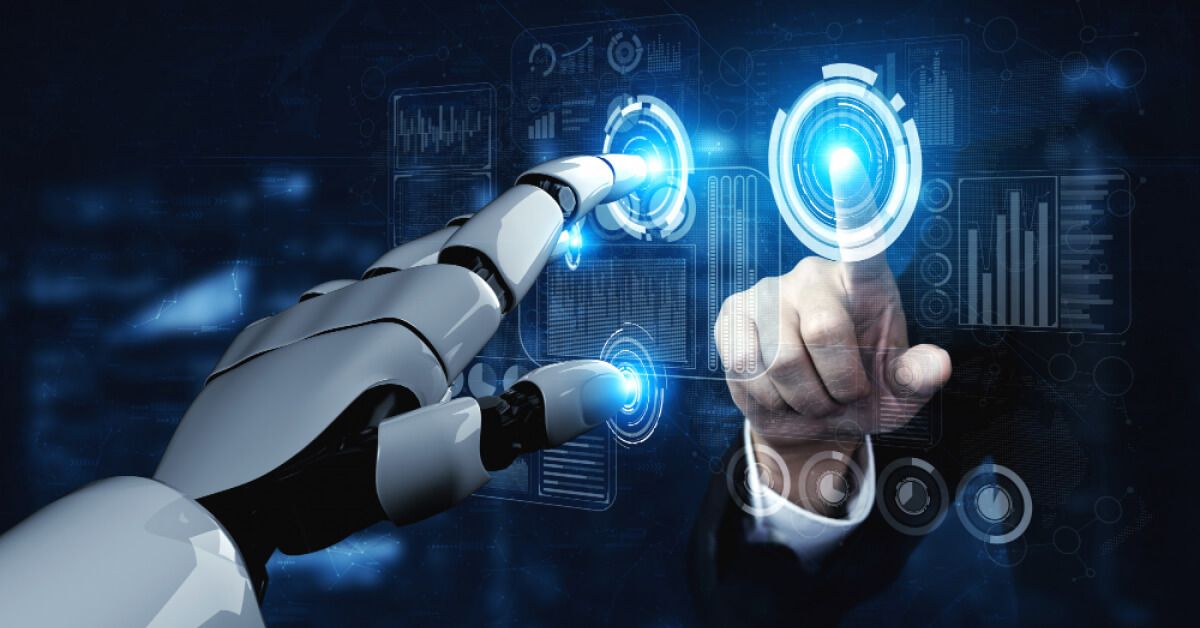
AI tools are revolutionizing the whole HR automation landscape, making processes faster, smarter, and more inclusive. From recruitment to employee wellness, these advanced solutions cater to every HR need. Below, we explore the best AI tools across various HR functions, with each described in two concise lines.
AI tools for employee engagement and experience
- CultureMonkey: Gathers employee feedback and delivers actionable insights to improve engagement, offers AI-powered sentiment analysis, automates pulse surveys, and provides 100+ multi-lingual surveys, and 50+ customizable survey template options.
- Officevibe: Monitors employee satisfaction with pulse surveys and real-time suggestions.
- TINYpulse: Offers anonymous surveys to boost transparency and workplace happiness.
- Lattice: Integrates employee engagement tools with performance management features.
- Qualtrics XM: Tracks employee sentiment and analyzes feedback for better experiences.
AI tools for HR operations
- BambooHR: Automates HR tasks like payroll, benefits, and data management efficiently.
- Zenefits: Centralizes HR functions, simplifying workflows for HR professionals.
- SAP SuccessFactors: Uses AI to streamline recruitment, onboarding, and performance tracking.
- Rippling: Handles HR and IT operations with seamless automation and integration.
- Workday: Delivers AI-powered analytics for workforce planning and operations.
AI tools for performance and productivity management
- Betterworks: Aligns organizational goals with individual performance for measurable success.
- 15Five: Facilitates continuous performance tracking and regular employee check-ins.
- PerformYard: Focuses on customizable performance appraisals and real-time feedback.
- Reflektive: Enhances productivity by enabling instant recognition and goal alignment.
- ClearCompany: Combines AI-driven insights with performance and engagement tracking.
AI tools for employee development
- Docebo: Provides personalized learning experiences through an AI-powered platform.
- EdApp: Focuses on microlearning with AI-curated course recommendations.
- Coursera for Business: Suggests skill-building courses tailored to organizational needs.
- Degreed: Tracks employee learning progress and suggests skill-based resources.
- LearnUpon: Simplifies training delivery with AI-enhanced learning modules.
AI tools for recruiting and talent acquisition
- HireVue: Leverages AI for video interviews and candidate assessments.
- SmartRecruiters: Streamlines recruitment with advanced tracking and marketing features.
- LinkedIn Talent Insights: Offers data-driven insights for sourcing and hiring.
- Pymetrics: Matches candidates to roles using neuroscience-based AI analysis.
- SeekOut: Enhances talent sourcing with AI-driven diversity and skill-focused searches.
AI tools for people analytics
- Visier: Provides detailed workforce analytics for strategic decision-making.
- Tableau for HR: Visualizes complex HR data to uncover actionable insights.
- Crunchr: Delivers workforce reports and predictive analytics through AI.
- HRForecast: Highlights skills gaps and workforce trends for future planning.
- Eightfold.ai: Predicts employee potential and retention risks using advanced algorithms.
AI tools for diversity, equity, and inclusion (DEI)
- Textio: Detects and removes bias in job descriptions to promote inclusivity.
- Inclusively: Matches diverse candidates with roles based on accessibility needs.
- Equivvy: Analyzes workplace policies for equity and inclusion.
- Diversio: Tracks DEI metrics and provides actionable improvement strategies.
- Parity.org: Combines AI benchmarks to advance workplace diversity goals.
AI tools for compliance and risk management
- Compliance.ai: Automates compliance monitoring and reporting to ensure adherence.
- HR Acuity: Tracks employee relations data to identify compliance risks early.
- TrueOffice Learning: Provides AI-powered compliance training for employees.
- Ethena: Delivers customizable, data-driven compliance modules for HR teams.
- Vault Platform: Allows anonymous reporting of workplace violations with secure tracking.
AI tools for employee growth and succession planning
- Succession Wizard: Identifies future leaders through AI-based evaluations.
- Fuel50: Uses AI to match employees with growth opportunities within the organization.
- TalentGuard: Provides career pathing and skill development tools driven by AI.
- PeopleFluent: Supports succession planning through data-driven performance insights.
- Saba TalentSpace: Integrates career development with AI-enhanced performance reviews.
AI tools for employee wellness and mental health
- Modern Health: Combines mental health resources with AI-driven wellness programs.
- Ginger: Offers on-demand mental health support through AI and human experts.
- Spring Health: Uses AI to personalize mental health solutions for employees.
- Lifeworks: Enhances employee wellness with AI-curated resources and programs.
- Thrive Global: Focuses on reducing burnout through AI-based wellbeing tools.
AI tools for streamlining HR operations
- ADP Workforce Now: Automates and integrates all core HR operations seamlessly.
- Kronos Workforce Central: Optimizes time management and workforce scheduling.
- Namely: Centralizes HR, payroll, and benefits into one intuitive AI-powered platform.
- Paycor: Simplifies payroll and HR processes with AI-enabled automation.
- Gusto: Provides AI-powered payroll, onboarding, and benefits management tools.
AI tools for remote work and hybrid work
- Slack: Enhances team communication and collaboration with smart integrations.
- Zoom AI Companion: Summarizes meetings and offers productivity-enhancing tools.
- Owl Labs: Uses AI for immersive video conferencing experiences.
- Workplace by Meta: Creates virtual collaboration spaces using AI-driven tools.
- Trello: Uses AI to enhance task management and remote workflows.
AI tools for compensation and benefits management
- Payscale: Provides AI-powered compensation analytics and benchmarks.
- Compaas: Tracks employee compensation data and ensures internal equity.
- Spiff: Automates and calculates sales commissions accurately with AI.
- Benify: Simplifies benefits management through personalized AI suggestions.
- Alight Solutions: Combines AI with data analytics for benefits optimization.
Challenges and ethical considerations of using AI in HR

The adoption of AI in HR has streamlined processes and introduced advanced efficiencies, but it also raises challenges and ethical concerns. Striking the right balance between automation and fairness is critical to ensuring sustainable, unbiased practices. Below are the top challenges and ethical considerations to keep in mind when implementing AI in HR.
Bias in AI algorithms
AI systems can unintentionally perpetuate or amplify biases if trained on biased data. This can lead to unfair hiring, promotions, or evaluations, negatively impacting workplace diversity. Organizations must rigorously audit AI models for fairness and inclusivity.
Lack of transparency
The “Black Box” nature of AI can make its decision-making process opaque to HR teams. Without clear explanations, employees may distrust AI-driven outcomes. Transparent algorithms and clear communication about AI use are essential.
Privacy and data security
AI systems rely on large volumes of employee data, raising privacy concerns. Mishandling or unauthorized access to sensitive information could lead to significant breaches. Strict employee data management and governance policies are vital to ensure security and compliance.
Employee resistance
Some employees may view AI as a threat to job security or as an impersonal management tool. Resistance to AI adoption can hinder its effectiveness in HR processes. Proper training and open communication about AI technology can alleviate such concerns.
Over-reliance on automation
Relying too heavily on AI can reduce the human touch in HR, essential for employee engagement and morale. Decisions solely data-driven decision-making by AI may lack empathy and contextual understanding. A balanced approach that integrates AI with human oversight is necessary.
Ethical dilemmas in decision-making
AI may prioritize efficiency over ethical considerations, such as promoting employees solely based on performance metrics. This approach could overlook values like collaboration or leadership potential. Ethical guidelines must accompany AI implementation in HR systems.
Regulatory and legal compliance
AI tools must adhere to employment laws and anti-discrimination regulations. Failure to comply can result in legal liabilities and reputational damage. Regular legal reviews and audits of AI systems can prevent potential violations.
High implementation costs
Adopting AI in HR involves significant upfront investment in technology, training, and integration. Small and medium-sized organizations may struggle with these costs. Budgeting for gradual adoption and ROI assessments can help manage expenses effectively.
Future trends in AI for human resources

As AI continues to make waves in HR, it’s clear that its future holds even more game-changing possibilities. From personalized employee journeys to deeper insights into people analytics, AI is becoming indispensable in shaping modern work environments. Here are seven trends that Will define the future of AI in HR.
- Ai-powered recruitment marketing: AI marketing tools will enhance recruitment marketing strategies by targeting and engaging passive candidates using personalized content and messaging. With deep learning, AI can identify the best channels and tailor job ads, improving the quality and reach of talent acquisition campaigns.
- Hyper-personalized employee development: In the future, AI will create more individualized learning and development experiences for employees. AI will assess each person’s unique strengths and weaknesses and suggest personalized training programs that cater to their specific needs and career goals.
- Intelligent chatbots for employee interactions: AI-powered chatbots will evolve to handle more complex employee queries, providing immediate responses to hr-related questions on benefits, policies, and payroll. These chatbots will be capable of understanding nuanced language, offering more efficient and accurate support.
- Ai-driven predictive talent management: AI will increasingly be used to predict future workforce needs and identify potential talent gaps. By analyzing trends in skill sets, market demands, and employee performance, AI can forecast talent shortages, helping HR teams prepare for future workforce requirements.
- Advanced sentiment analysis for employee engagement: AI will leverage sentiment analysis tools to gauge employee emotions, morale, and satisfaction in real time. By continuously analyzing feedback and communication patterns, AI can provide insights that allow HR to take immediate action to improve workplace culture.
- AI for remote work optimization: As remote and hybrid work models become more common, AI will be crucial in optimizing these setups. AI tools will monitor work patterns and help HR identify areas where employees need more support, offering tailored solutions for team collaboration and performance.
- AI for employee retention strategies: AI will enable HR professionals to predict when employees might be at risk of leaving the company. By analyzing engagement data, work habits, and external factors, AI can suggest retention strategies, such as personalized incentives and targeted communication, to improve employee loyalty.
Conclusion
AI is poised to transform HR practices, offering powerful capabilities that improve efficiency, reduce bias, and enhance employee experiences. By embracing AI tools, HR professionals can not only streamline operations but also create personalized, data-driven strategies for talent acquisition, development, and retention.
As these technologies evolve, it’s essential to stay ahead of trends, ensure ethical considerations, and balance automation with human judgment. If you’re looking to harness AI to optimize your HR functions, CultureMonkey is here to help. Our platform provides robust solutions that leverage AI to foster employee engagement, improve workplace culture, and boost overall productivity.
FAQs
1. What are the top AI tools for automating HR processes?
Top AI tools for automating HR processes include chatbots for answering employee inquiries and queries, AI-driven applicant tracking systems for recruitment, and tools like CultureMonkey for performance management and engagement surveys. These solutions streamline tasks such as onboarding, scheduling, payroll, and benefits administration, saving time, reducing errors, and enhancing operational efficiency in HR functions.
2. How do AI tools improve employee engagement in the workplace?
AI tools improve employee engagement by personalizing experiences based on data-driven insights. They monitor employee sentiment, suggest personalized learning paths, and offer real-time feedback. Tools like AI-driven surveys and engagement platforms can measure employee satisfaction, identify potential issues, and provide actionable insights to create a more motivating, responsive, and supportive work environment.
3. What are the ethical concerns of using AI in human resources?
Ethical concerns of using AI in HR include the risk of algorithmic bias, which could perpetuate discrimination in hiring and promotions. Privacy issues also arise due to the vast amounts of personal data AI systems process. There’s also the challenge of transparency, as AI’s decision-making processes can often be difficult to explain or understand fully.
4. Can small businesses benefit from AI tools for HR?
Yes, small businesses can significantly benefit from AI tools for HR by automating time-consuming tasks like recruitment, payroll, and performance management. AI can help optimize employee engagement and training while offering cost-effective solutions for streamlining operations. Small businesses can leverage AI to compete with larger organizations, ensuring better HR practices with limited resources.
5. How does AI help in reducing bias during recruitment?
AI reduces bias during recruitment by using algorithms that focus solely on skills, experience, and job fit, rather than factors like gender, ethnicity, or age. AI tools analyze resumes and applications objectively, eliminating human biases in the candidate screening process. This helps create a more diverse and inclusive workforce, ensuring fairer hiring decisions.



